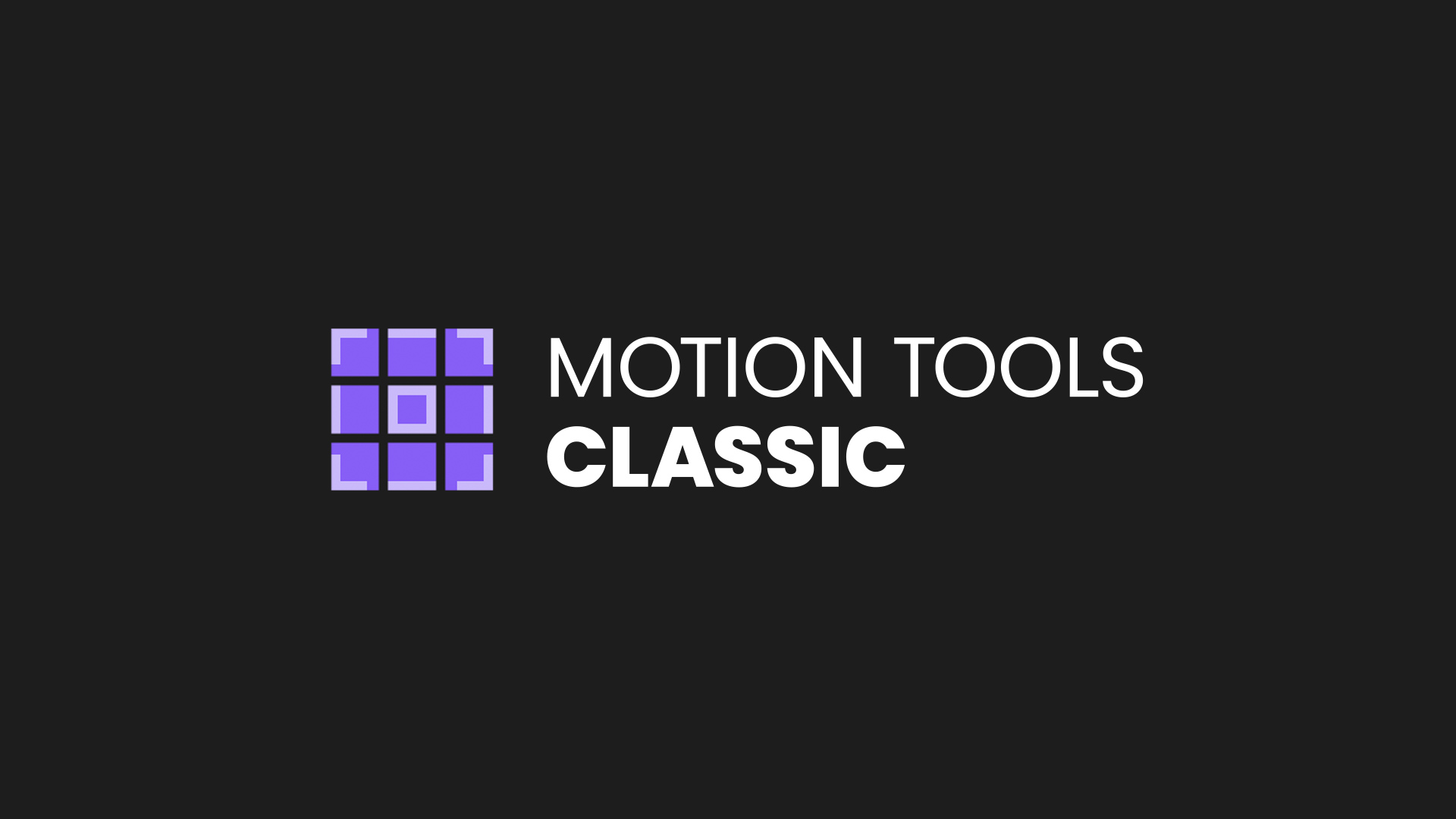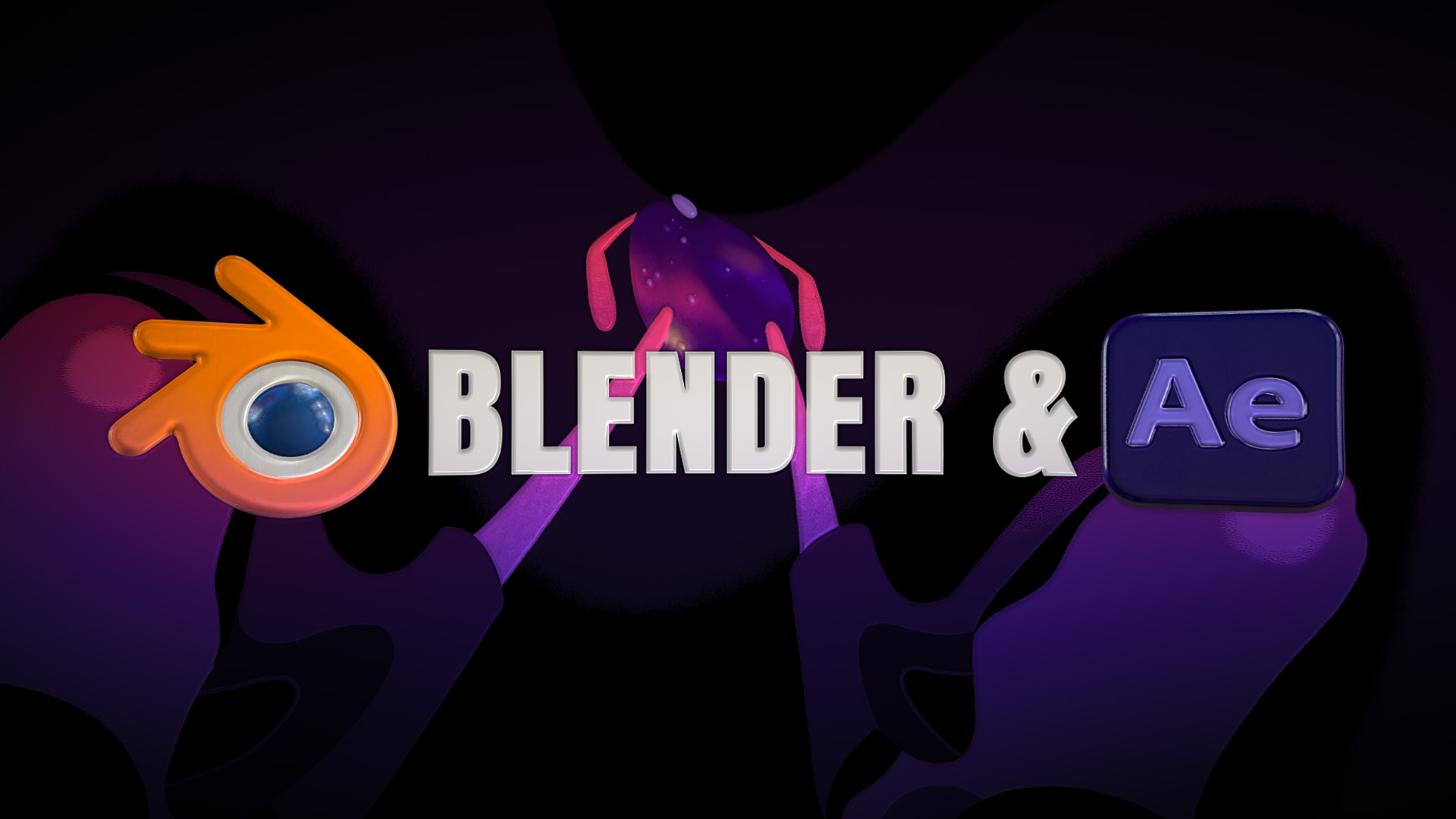Motion Secrets with Emanuele Colombo

Learn the secrets of the workflow of one of the world’s best motion designers. Fluid animation, unexpected transitions, superb character animation tips and tricks, and a lot of source files to dig in.
































